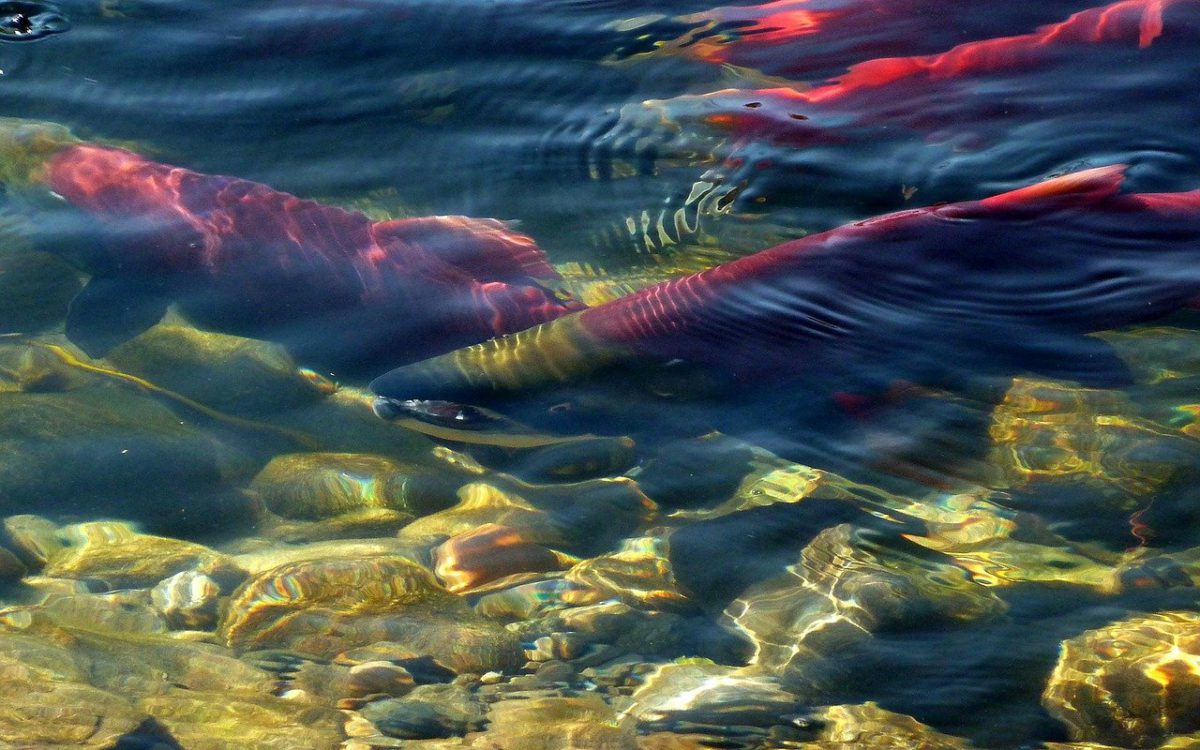The Province gave an update today (Thursday) on the landslide situation on the Chilcotin River.
Nathan Cullen, Minister of Water, Land and Resource Stewardship said they had several meetings with local First Nations to exchange information, get insights, and to commit to working together further as the focus turns towards recovery.
“As we expected we are now seeing smaller slides along the riverbank and erosion will continue to occur both above and below the slide sight. As we transition into the recovery period we remain vigilant and ready to respond to any eventuality. We have the right people and resources in place both now and in the days and weeks to come.”
Cullen said he’s pleased with how quickly a very highly qualified response to the landslide kicked into gear, expert staff from multiple Ministries, with support and leadership from First Nations, local Government, the Department of Fisheries and Oceans, and external specialists, worked tirelessly to respond to this incident.
He noted they brought together traditional knowledge and modern technology to understand what was going on every step of the way and that it was very fortunate that no bridges or roads were damaged.
River bank and slope stability along with the salmon that are moving into the system over the next week to two weeks are two of the main conerns.
“The sonar in place above the slide point is very helpful, the Tsilhqot’in Government put that in place so that we’ll know as fish start to pass through.” Cullen said, “One major concern is just how muddy the water is and with so much material yet to be moved the concern remains that turbidity will be there, the fish will have a very difficult time and in some cases will simply not be able to get into the system.”
Another concern is the bottleneck where significant water is going through a very small area.
“That seems to be eroding,” Cullen said, “but we don’t believe it’s yet at a point where the fish can pass. It may resolve itself as the water gets cleaner and as that blockage starts to diminish, and salmon being so determined and strong, may themselves find the passage up. If that proves not to be the case, we are now working with First Nations partners in preparing essentially a plan B, what kinds of options are available to us to get fish beyond the barrier to make sure that we don’t lose the entire run.”
Something going on in the Cariboo you think people should know about?
Send us a news tip by emailing [email protected].








